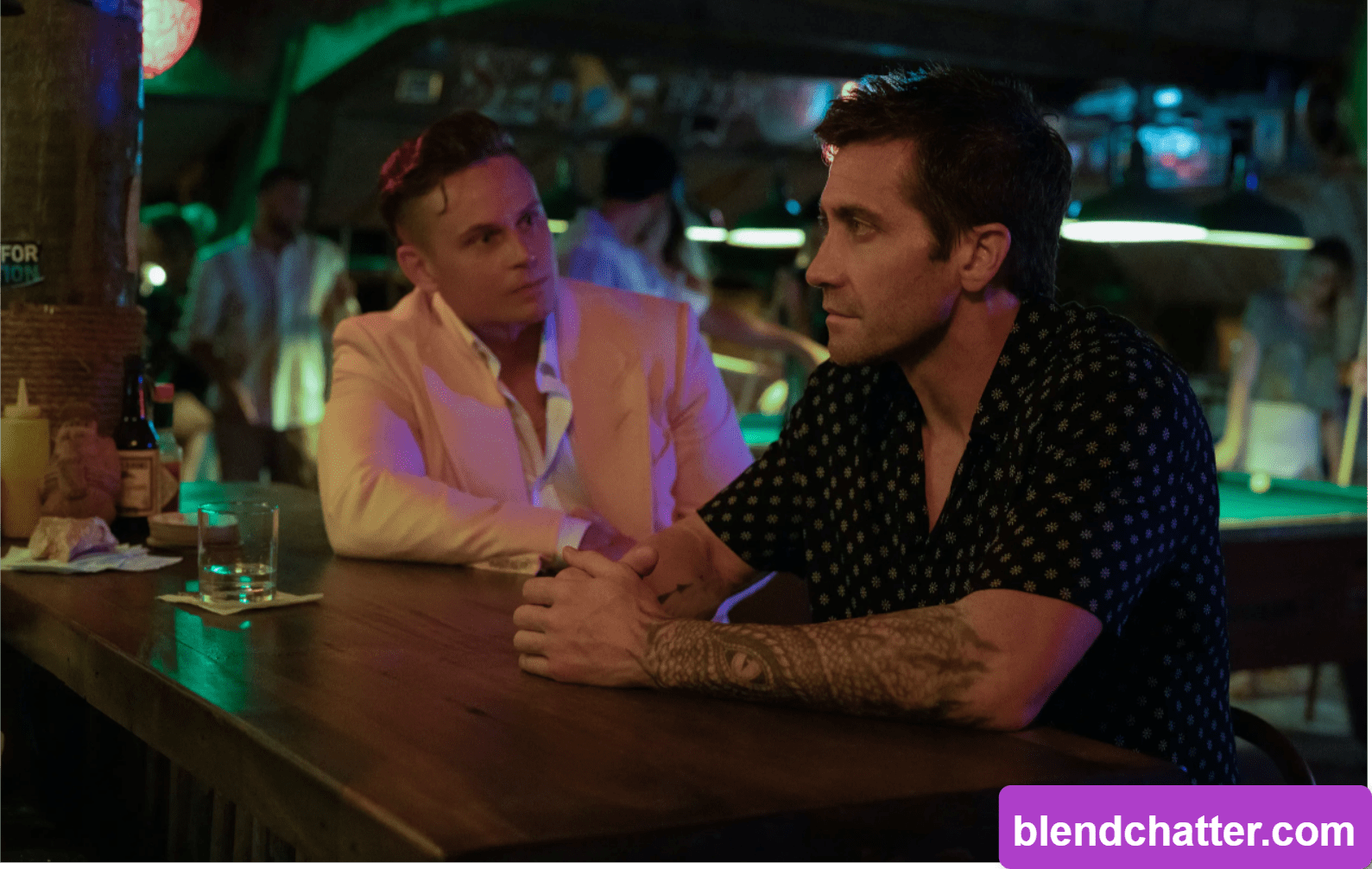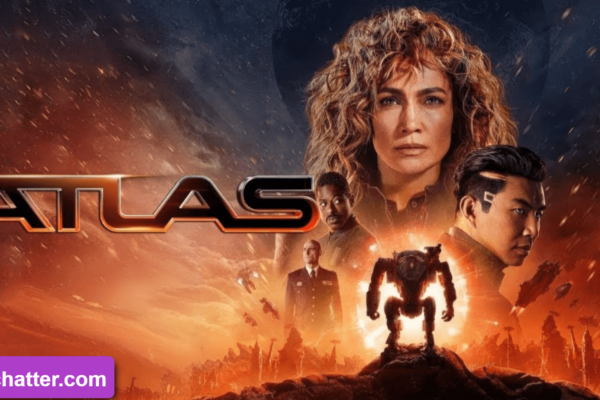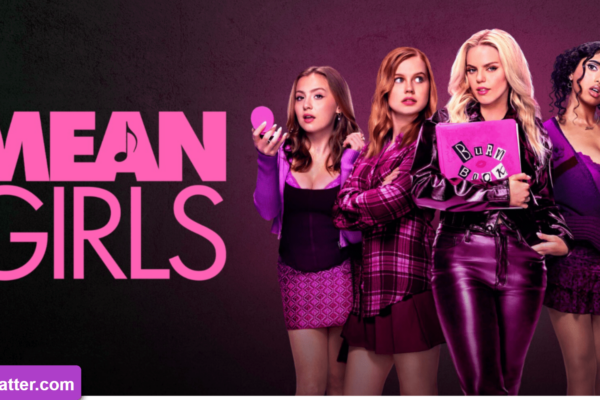The new Road House doesn’t quite capture the spirit of the 1989 original; instead, it feels like a collection of familiar action movie clichés with sporadic flashes of the original’s playful absurdity.
In this film, Jake Gyllenhaal stars as Elwood Dalton, a former UFC fighter who relies on his tough-guy reputation to make money through underground fights. Haunted by past trauma from a disastrous professional bout, Dalton is unexpectedly recruited by businesswoman Frankie (Jessica Williams) to work as a bouncer at her beleaguered establishment in the Florida Keys, plagued by unruly patrons and local gangs.
The plot, as Charlie (Hannah Love Lanier) points out early on, echoes a classic Western narrative: a lone hero is brought in to protect a community from various threats. While this idea is far from novel—drawing parallels from Akira Kurosawa’s Seven Samurai to modern films like The Equalizer—it taps into the satisfying trope of a formidable antihero taking on bad guys.
Similar to its predecessor, the new Road House embraces a David vs. Goliath storyline, pitting a benevolent community against ruthless outsiders and offering a savior figure to defend against encroaching gentrification.
Despite its straightforward setup, the film’s narrative becomes muddled. The screenplay juggles numerous themes—trauma, drug trafficking, social inequality, police corruption, and local resilience—resulting in a disjointed two-hour runtime that fails to develop its main characters effectively.
The film does feature an impressive lineup of musical talent, including CC Adcock, Tommy McLain, and Anjelika ‘Jelly’ Joseph, which provides some vibrancy to the otherwise lackluster plot.
Though the new Road House diverges significantly from the original, it seems unnecessary to rely on a familiar name when it could have stood on its own merits. While the ’80s version had its own quirks, it was arguably more engaging.
Road House Review: A Disappointing Remake That Misses the Mark
Gyllenhaal’s portrayal of Dalton contrasts sharply with Patrick Swayze’s iconic performance. Where Swayze’s Dalton was grounded by his relationships and had a poignant turning point with the death of a friend, this version’s Dalton feels more like a generic hero with his personal struggles left largely unexplored.
The romantic subplot with Daniela Melchior (playing nurse Ellie) falls flat, lacking chemistry with Gyllenhaal. The antagonists, including Conor McGregor in his film debut as Knox, come off as uninteresting and exaggeratedly cartoonish, though Arturo Castro’s comical portrayal of a mild-mannered thug provides a rare highlight.
The film’s simplicity extends to its naming conventions—the roadhouse is called the Road House, and Frankie’s boat is The Boat—mirroring the film’s own unremarkable execution.




